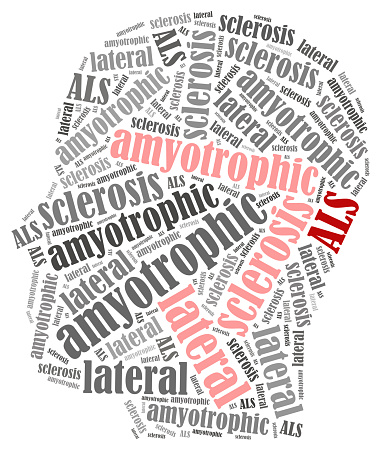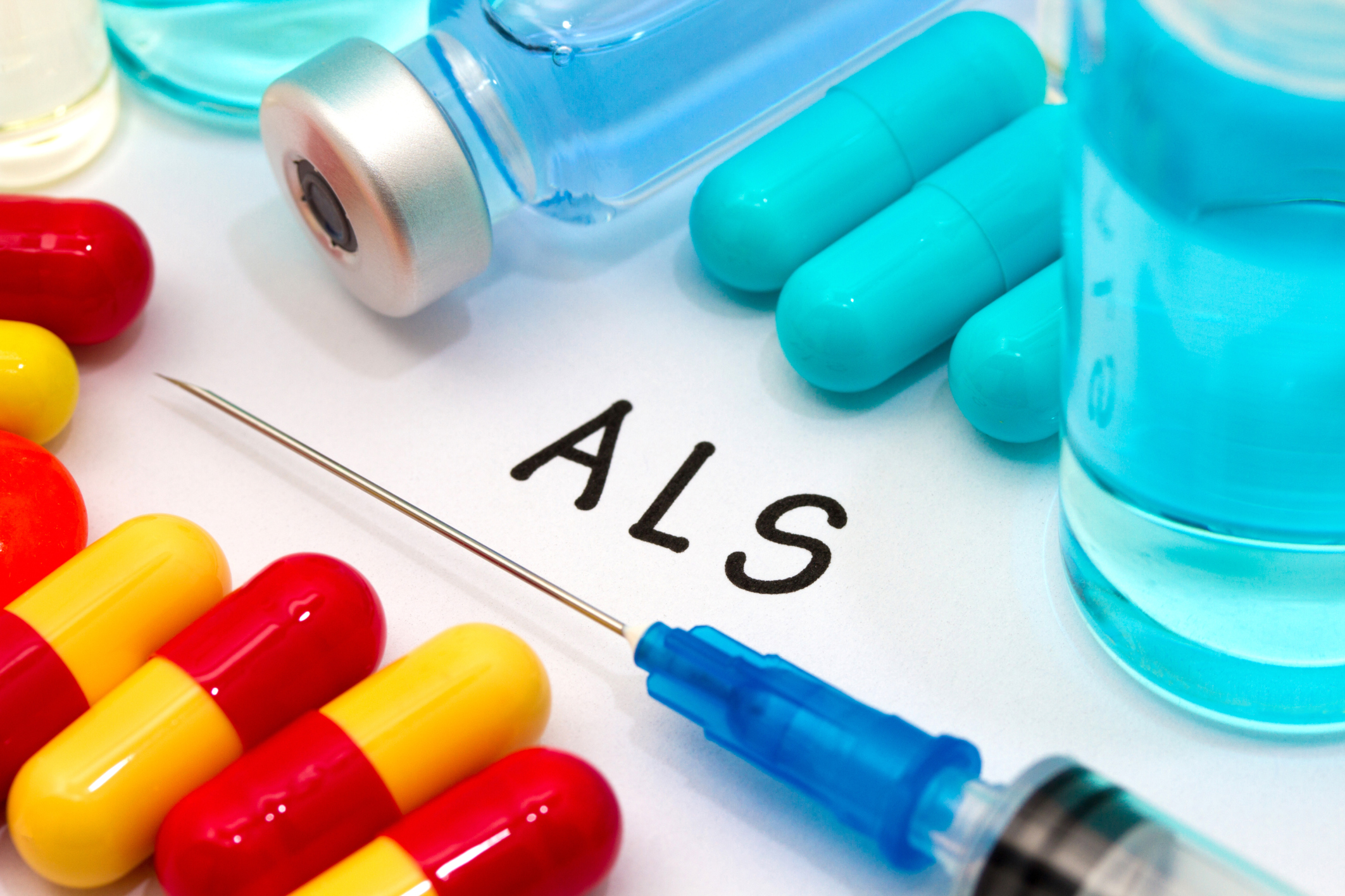New treatment for ALS officially approved by FDA
Amyotrophic lateral sclerosis (ALS) is a progressive nervous system disease that destroys nerve cells, leading to severe disability. This disease is also referred to as Lou Gehrig’s disease, after the famous baseball player who was diagnosed with ALS. It is not known exactly what causes the disease, but what we do know is that it ...click here to read more











